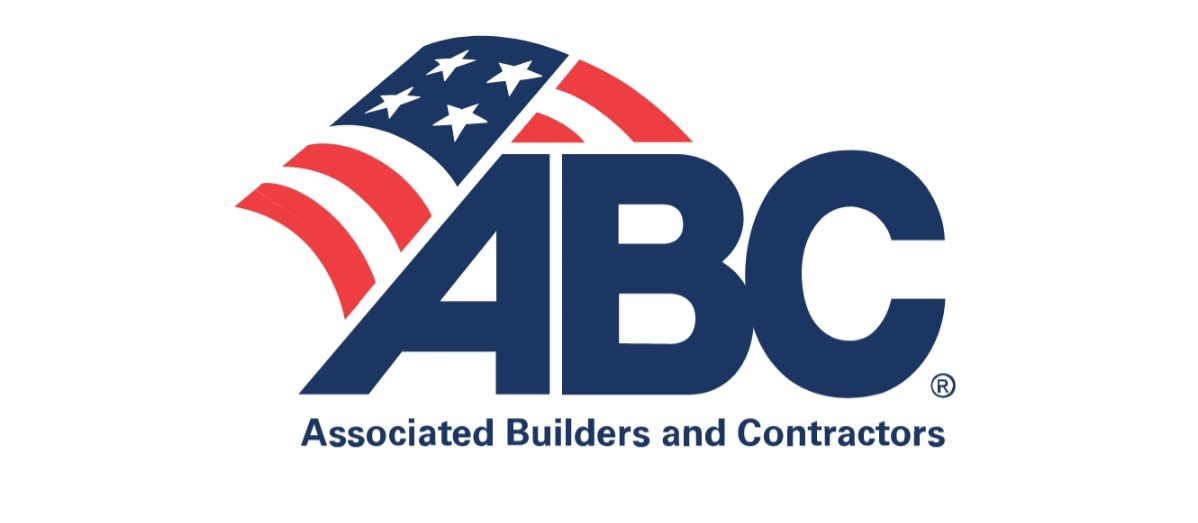Posts tagged labor law violations
California Dramatically Expands State Labor Board’s Powers to Cover Employees Under NLRB’s Exclusive Jurisdiction, Following New York’s Lead
October 13, 2025 // California’s legislation comes on the heels of and follows the same logic behind New York’s recently enacted “NLRB Trigger Bill” that similarly empowers the Empire State’s PERB to step into the shoes of the Board, which we covered here. The NLRB has lacked a quorum for months and as a result remains unable to process appeals from decisions by Board administrative law judges or regional directors in unfair labor practice or representation cases. However, AB 288 will likely face similar legal challenges to New York’s “NLRB Trigger Bill,” which the Board has sued over, as we covered here. Specifically, AB 288 may be preempted by the National Labor Relations Act (“NLRA” or “Act”), which covers most private-sector employees, under longstanding Supreme Court precedent.
Unions push to represent more workers, but organized labor’s share of jobs is declining
October 24, 2023 // For all the sound and fury on the labor front, its net effect is unknown. Unions’ overall share of the workforce was 10.1% in 2022 and declining, about half the rate of 1983, according to the Bureau of Labor Statistics. That percentage is swelled by union predominance in government work. In the private sector, the share of union jobs was 6% in 2022. The number of union members overall has grown but not as fast as jobs in the rest of the economy. “It takes a lot of new members to raise the union density,” said Robert Bruno, a professor of labor and employment relations at the University of Illinois Urbana-Champaign.
This New Labor Rule Could Be Trouble for McDonald’s
October 5, 2023 // McDonald’s and other franchise companies have made it clear they believe the stakes are high. The “reality is that our business model is under attack,” CEO Chris Kempczinski said of possible joint-employer regulations in a speech at a franchising industry conference in Las Vegas earlier this year, in remarks he also published on LinkedIn. Changes by the NLRB, he said, would transform franchisees “from independent small-business owners to employees of the parent brands.” Heightened joint-employer liability could hurt the franchise model in two main ways, according to the International Franchise Association. One possibility, along the lines of what Kempczinski described, is that a franchisor would exert more control over the franchisees. That undercuts one of franchisors’ big selling points to potential franchisees—that they’re offering a path to running their own business, with all of the freedoms that provides. It could also add compliance costs, and potentially, legal and liability expenses. Those increased costs are also a frequent worry for franchisees, says restaurant consultant John Gordon, principal at Pacific Management Consulting Group. Franchisees typically pay franchisors a percentage of their sales, and their profit comes after those fees and their operating expenses. Franchisees are “justifiably afraid of the franchisor passing costs onto them that weren’t part of the franchise agreement,” he says, and wary of joint-employer liability for that reason.

NLRB puts union bull’s-eye on the franchise industry
January 2, 2023 // The National Labor Relations Board has proposed a dramatic overhaul of the franchise business model by reclassifying workers at restaurant or hotel chains as employees of the parent company, a move that would make it easier to unionize across the entire brand. Opponents warn that the change will devastate an industry employing 8.2 million people and contributing roughly 7% to the nation’s overall economic output. “This is going to hurt a lot of people, from someone coming out of the corporate environment looking to be an independent business owner to someone looking to start their career with an entry-level job to consumers who will have to pay $15 for a hamburger,” said Frank Caperino, who teaches franchise management at San Diego State University and owns multiple franchises.
What expanding the “joint employer” rule will mean for unions
September 8, 2022 // That’s changing now that Democrats are in the White House, and Democratic appointees control the Labor Department and National Labor Relations Board. For instance, the NLRB has just proposed a new labor-friendly rule on “joint-employer” status intended to reverse a Trump-era rule that was more friendly to employers. The NLRB’s new proposed joint-employer rule will make it easier for employees who work for a contractor, staffing or temp agency, or franchise, to drag the big companies higher up the employment chain into labor disputes.

Op-ed: Big Labor Eats Small Business in California
August 31, 2022 // America’s leading antibusiness policy incubator, also known as the state of California, is at it again. The state Assembly passed the so-called FAST Recovery Act in January. It was approved by the Senate Appropriations Committee on Aug. 11. The next stop will be a vote on the Senate floor, followed by Gov. Gavin Newsom’s desk. If the bill becomes law, it will drive up fast-food prices as much as 22% and wipe out the franchise business model, which provides nearly 800,000 jobs in the state.

Op-ed: Proposed ‘FAST Act’ directly assaults CA’s restaurant industry
August 8, 2022 // Assembly Bill 257 – known as the “FAST Act” – has been pushed through the legislative process under the guise of helping California workers in the counter-service restaurant community. If enacted, the bill – sponsored by the Service Employees International Union – would set aside existing labor laws in favor of new rules developed and enforced by 13 unelected political appointees with zero oversight. In short, the FAST Act will take away great jobs for workers, harm consumers, raise prices, stifle competition, diminish entrepreneurship and create layers of unnecessary bureaucracy – all because of a false narrative. limited-service restaurant industry, unelected statewide council, wage and hour violations, California Restaurant Association
Apple union push faces setback as Atlanta organizers withdraw vote bid, citing alleged intimidation, rising Covid cases
May 30, 2022 // Earlier this week, Apple announced that it was increasing starting pay for retail employees to $22 per hour. In the message to co-workers, the Cumberland Mall organizing committee said that the unplanned raises were a direct result of its organizing drive.

Associated Builders and Contractors addresses Sen. Sanders Budget Committee Hearing and Misleading Allegations
May 8, 2022 // The CRA states that, once an agency rule is disapproved by Congress, such a rule may not be issued in “substantially the same form,” unless it is expressly authorized by a subsequent law. A regulatory action pushing for a new Blacklisting Rule, even if narrowly tailored to firms that have been accused of violating the NLRA––as referenced in the chairman’s letter––would most certainly run afoul of the CRA and be subjected to litigation and create additional uncertainty for federal contractors.
Sanders’ pro-union budget committee hearing shows Democrats’ true agenda
May 6, 2022 // Ranking Member Lindsey Graham’s (R-S.C.) observation during the hearing was exactly correct — under Sanders’s direction, the Senate Budget Committee has taken a dangerous and partisan turn. Instead of focusing on issues under jurisdiction, Sanders would prefer to use his chairmanship as a bully pulpit to push a pro-union agenda and target companies he dislikes for purely political reasons.
